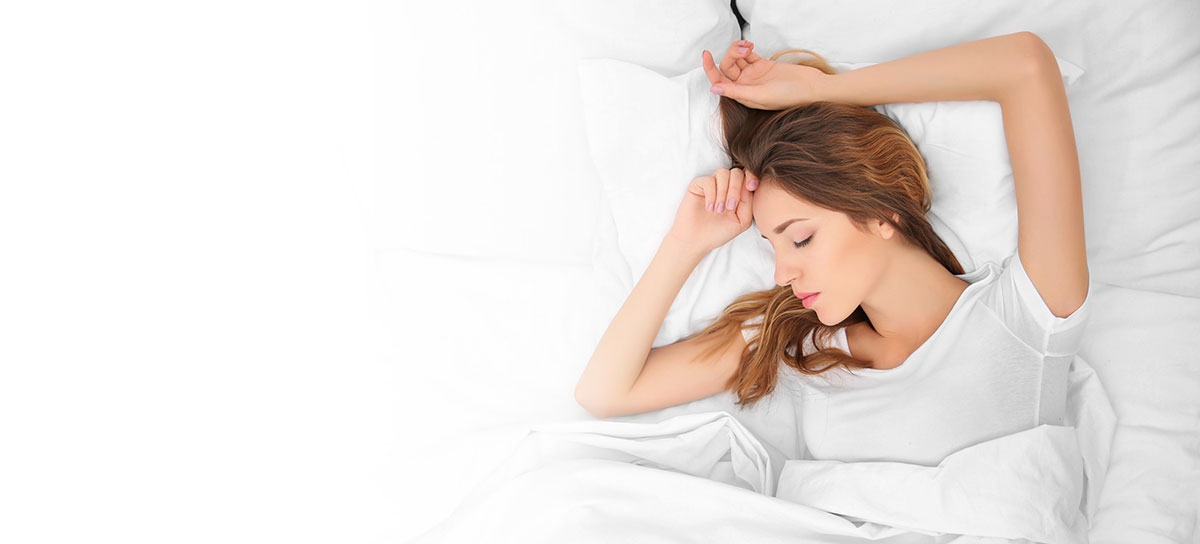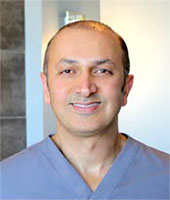CPAP is a medical device that provides continuous positive air pressure through a face mask or nasal tube attached to a pump. It functions by keeping the upper airway unobstructed during sleep. Proper adjustment of the CPAP is vital to achieve maximum clinical benefits and minimal side effects. Wearing a CPAP is a lifetime commitment and the mask (or tubes) must be in place whenever you sleep or nap.

CPAP presents many advantages, such as:
- Noninvasive
- Efficient at regulating the breathing so that the conditions do not take place
- It can be cleaned easily
- Covered by insurance companies
- Therapy can be begun soon after the diagnosis
Oral Appliance Therapy-The CPAP Alternative
An oral appliance for obstructive sleep apnea is similar to mouth guards used for athletes. This appliance snaps over the upper and lower dental arches and is endowed with metal hinges which enable the inferior jaw to be eased forward.
Sleep apnea appliances such as MAD present numerous benefits, including:
- Noninvasive
- Covered by insurance companies
- Generally more appropriate for milder obstructive sleep apnea and snoring
- They can be cleaned easily
Patients who have mild to moderate occlusal spleen apnea (OSA) or cannot tolerate the CPAP should use an Oral Appliance (OA).
The appliance is worn during sleep to stop the tongue and soft tissues from collapsing in the back of the throat. This will keep the airway open and promote normal and restful sleep for people who have sleep apnea.
The oral appliances can be used in conjunction with a CPAP which may be integrated after consultation with the dentist and the sleep physician.
Surgical Procedures
Several surgical procedures are available to address snoring and sleep apnea, with the most popular today being RF (radio frequency) surgery. As with all surgeries, there is always the risk of post-surgical complications, but surgery may be an alternative treatment for sleep apnea. In addition to the removal of adenoids and tonsils, other surgical options include UPPP (uvulopalatopharyngoplasty), LAUP (laser-assisted uvulopalatoplasty), tongue reduction surgery jaw reconstruction and tracheostomy.
The UPPP and LAUP will often eliminate snoring, but may not be highly effective and predictable in treating sleep apnea.
Your Consultation
If you would like to learn more about CPAP alternatives that we offer, schedule a consultation with Shervin M. Louie, D.D.S. today.
